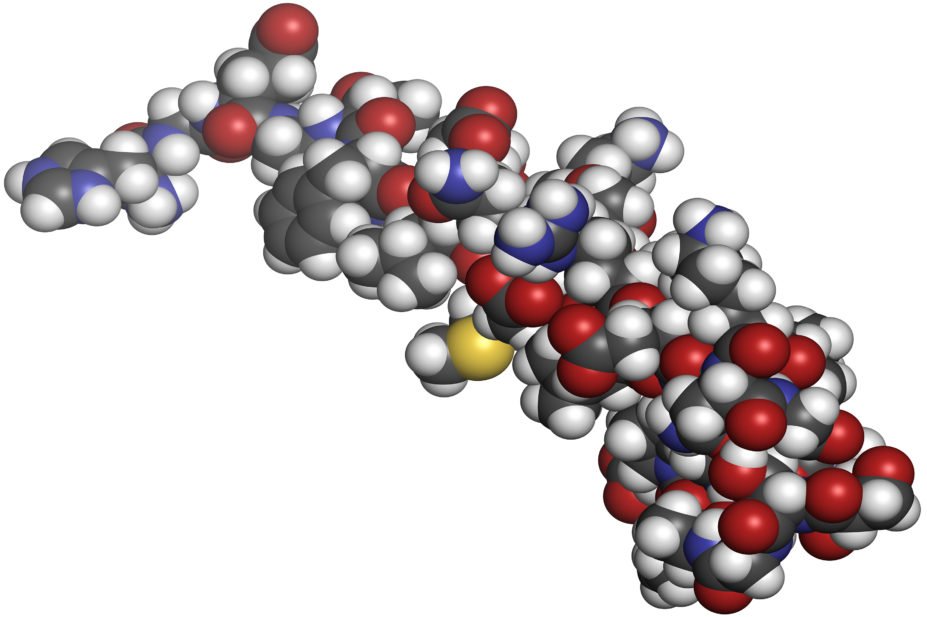
Shutterstock.com
To date no therapy has shown disease-modifying effects in clinical trials in Parkinson’s disease.
In a trial published in the Lancet (online, 3 August 2017), researchers randomly assigned 62 patients with moderate Parkinson’s disease to receive 2mg of the glucagon-like peptide-1 (GLP-1) receptor agonist exenatide or placebo once a week for 48 weeks[1]
.
After a 12-week washout period, the researchers found that off-medication motor function (as measured by the Movement Disorders Society Unified Parkinson’s Disease Rating Scale) improved from baseline by 1.0 point in the exenatide group (95% confidence interval [CI] -2.6 to 0.7) and worsened by 2.1 points in the placebo group (-0.6 to 4.8). The difference in scores between the two groups, -3.5 points (-6.7 to -0.3; P=0.0318), was statistically significant.
The team says the findings indicate a major new avenue for investigation in the treatment of Parkinson’s disease but further research is needed to determine whether exenatide affects disease progression or improves quality of life.
References
[1] Athauda D, Maclagan K, Skene S et al. Exenatide once weekly versus placebo in Parkinson’s disease: a randomised, double-blind, placebo-controlled trial. Lancet 2017. doi: 10.1016/S0140-6736(17)31585-4

